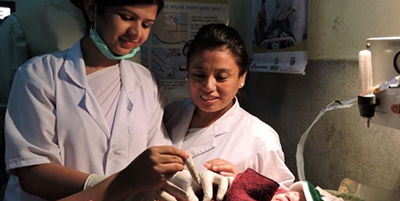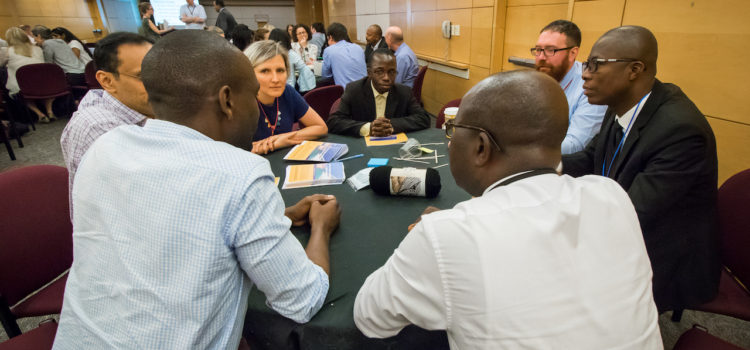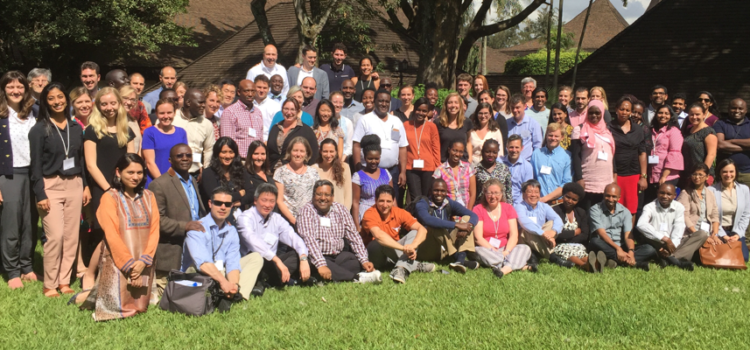Every Second Matters for Mothers and BabiesTM—Uterine Balloon Tamponade (ESM-UBT) Every year, an estimated 130,000 women die from postpartum hemorrhage—uncontrolled blood loss from mothers during birth. This case study – the first in a series from the Launch and





